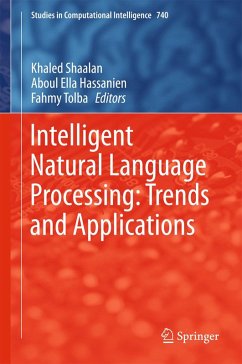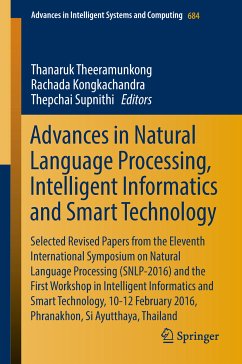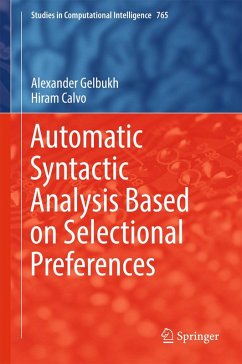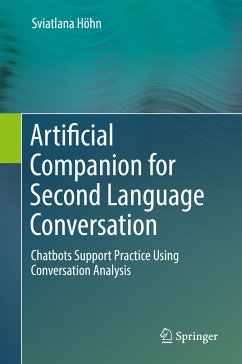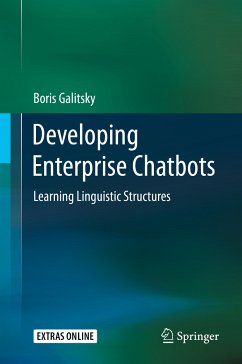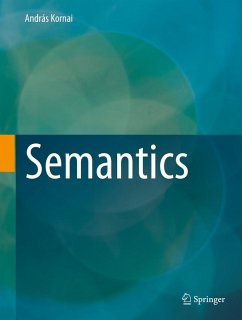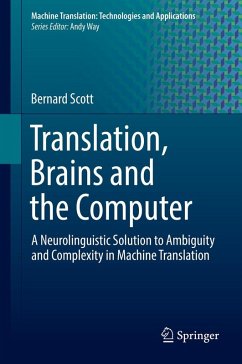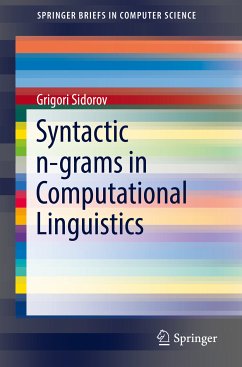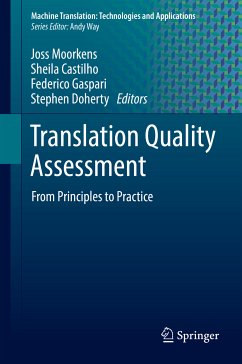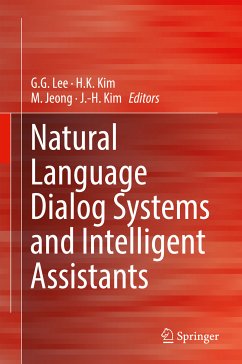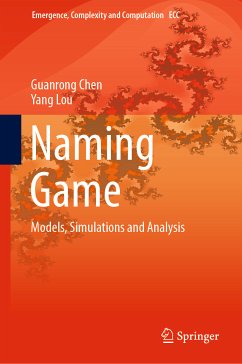
Naming Game (eBook, PDF)
Models, Simulations and Analysis
Versandkostenfrei!
Sofort per Download lieferbar
72,95 €
inkl. MwSt.
Weitere Ausgaben:

PAYBACK Punkte
36 °P sammeln!
This book provides a gradual introduction to the naming game, starting from the minimal naming game, where the agents have infinite memories (Chapter 2), before moving on to various new and advanced settings: the naming game with agents possessing finite-sized memories (Chapter 3); the naming game with group discussions (Chapter 4); the naming game with learning errors in communications (Chapter 5) ; the naming game on multi-community networks (Chapter 6) ; the naming game with multiple words or sentences (Chapter 7) ; and the naming game with multiple languages (Chapter 8). Presenting the aut...
This book provides a gradual introduction to the naming game, starting from the minimal naming game, where the agents have infinite memories (Chapter 2), before moving on to various new and advanced settings: the naming game with agents possessing finite-sized memories (Chapter 3); the naming game with group discussions (Chapter 4); the naming game with learning errors in communications (Chapter 5) ; the naming game on multi-community networks (Chapter 6) ; the naming game with multiple words or sentences (Chapter 7) ; and the naming game with multiple languages (Chapter 8). Presenting the authors' own research findings and developments, the book provides a solid foundation for future advances. This self-study resource is intended for researchers, practitioners, graduate and undergraduate students in the fields of computer science, network science, linguistics, data engineering, statistical physics, social science and applied mathematics.
Dieser Download kann aus rechtlichen Gründen nur mit Rechnungsadresse in A, B, BG, CY, CZ, D, DK, EW, E, FIN, F, GR, HR, H, IRL, I, LT, L, LR, M, NL, PL, P, R, S, SLO, SK ausgeliefert werden.



